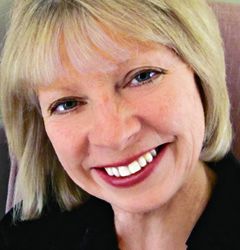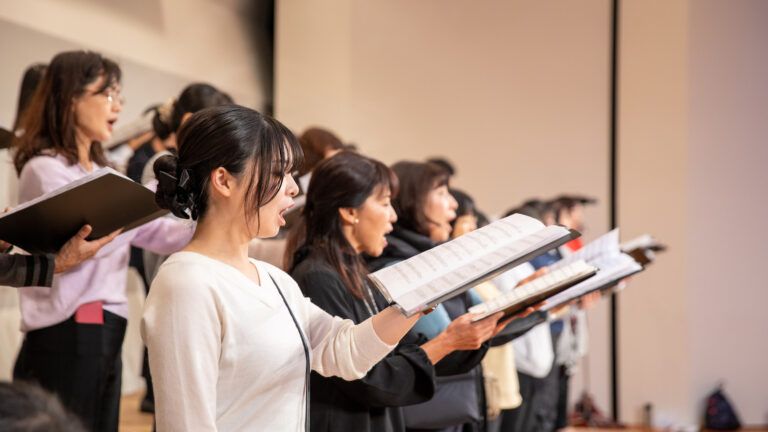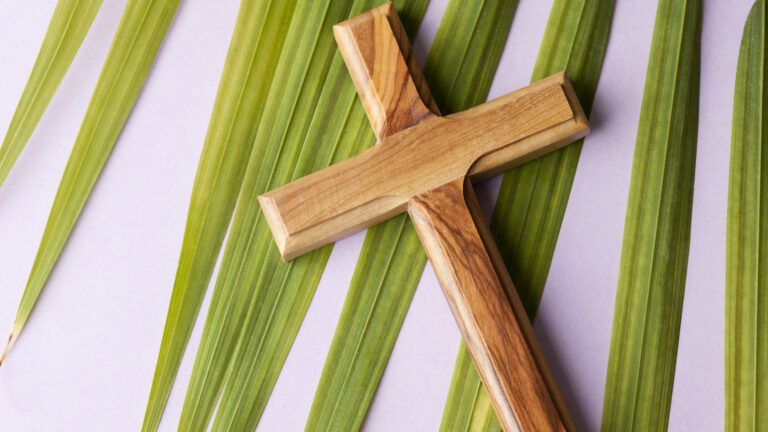Many people begin a new year with resolutions, and some of those resolutions pertain to prayer. They might set a goal to “Pray more.” Or “pray better.” But many of us might profit by a seemingly contrary intention: “Pray badly.”
I can explain. I am often reminded at holiday dinners and family gatherings that, when there is a pastor or minister or “religious” person in a gathering, it’s almost a given that that person will be asked to say “grace” or to step in when the occasion calls for prayer.
Why? I think people assume that such folks are “professionals” at prayer. They’re good at it. Practiced. It’s a safe bet.
I have long been used to it, but I wish it were different.
Oh, I know why it is the way it is. We ask someone else to pray aloud because, well, we might stutter or say the wrong things if we did it. We turn to “experts” because we expect their prayers to be more effective, to get God’s attention, to remember and say all the right things. Even when it comes to private prayers, we enlist others in our prayer efforts because they know what they’re doing, and we’re just amateurs.
But I agree with G. K. Chesterton, who wrote, “If a thing is worth doing, it is worth doing badly.” It was not an excuse for laziness or shoddiness; it was quite the opposite. It was, partly, a defense of the amateur against the professional, especially in “things worth doing.” He believed that, while some things are best left to professionals (like, say, playing bagpipes or designing a bridge), the most important things in life are best done by ordinary men and women, even if they are amateurs, even if they do them badly. Like writing a love letter or raising our own children. Or, I would suggest, praying.
So, go ahead. Pray badly. Stumble. Stutter. Ramble. Repeat yourself. Say the “wrong” thing. Lose your train of thought. Say what you really want instead of what you ought to want. Be you. Be an amateur. Be as bad as you can be.
Because prayer is worth doing, even—maybe especially—if it is done badly.





